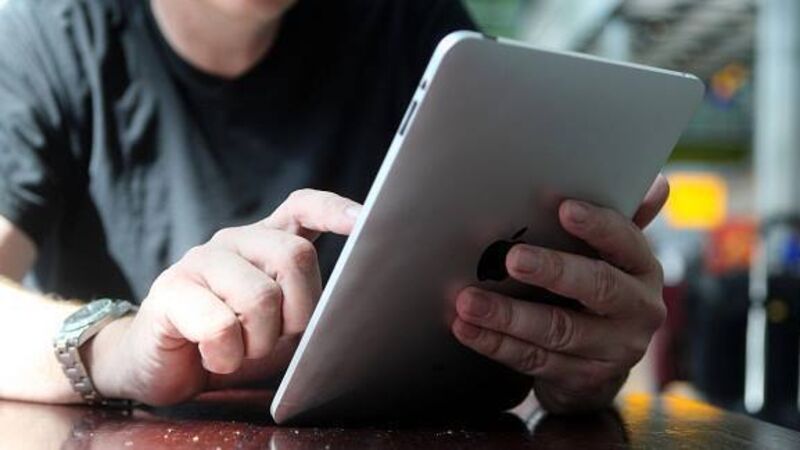Many uncomfortable about using telemedicine service

A survey by the Medical Council found there was “modest” interest in using telemedicine — the use of telecommunications and information technologies to provide clinical care at a distance.
Only 3% of people have gone online to receive a diagnosis; have a consultation; or been given a repeat or new prescription, while 16% have used phone services for clinical health care.













